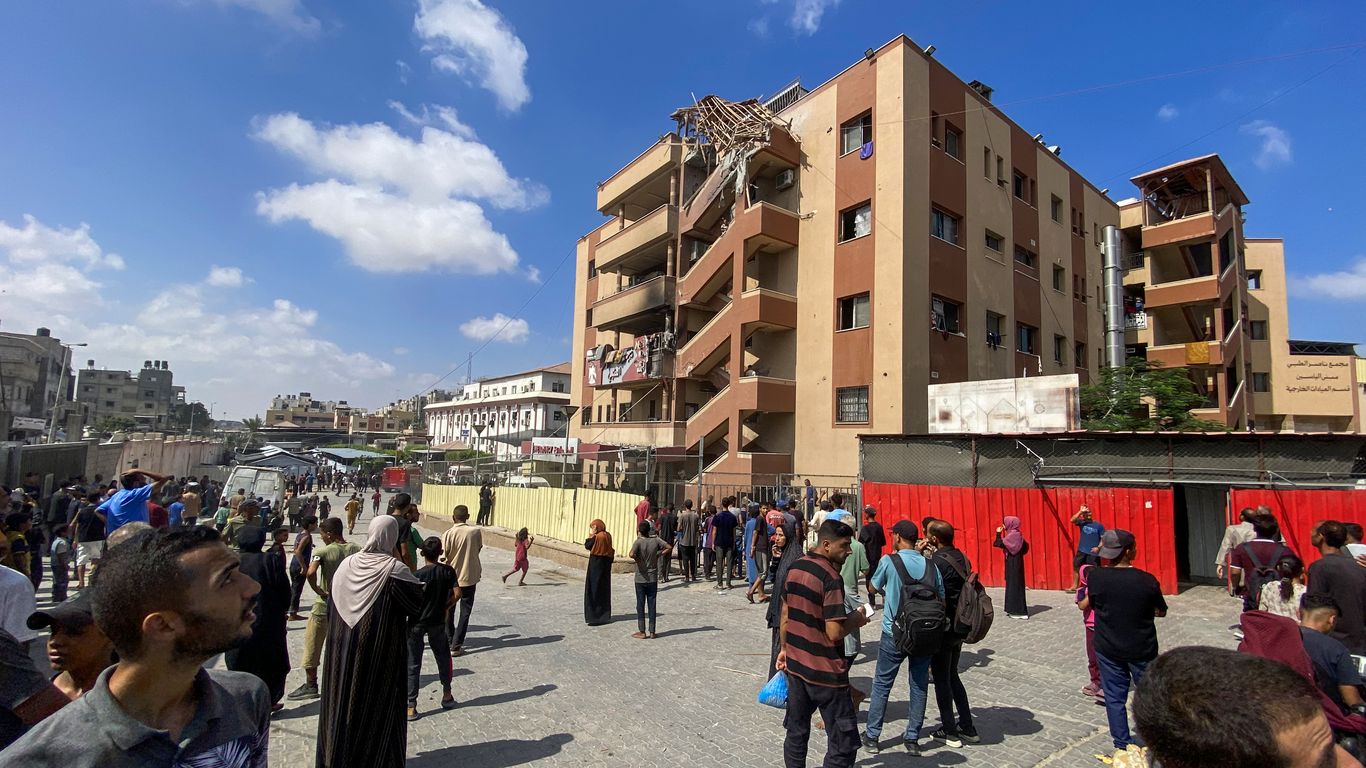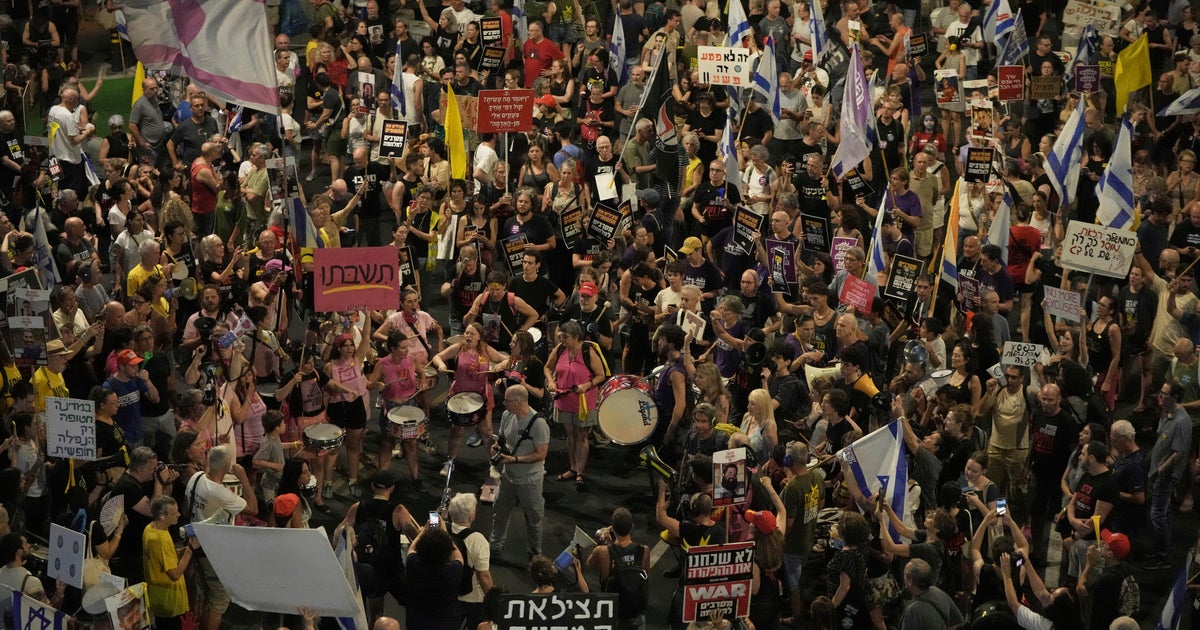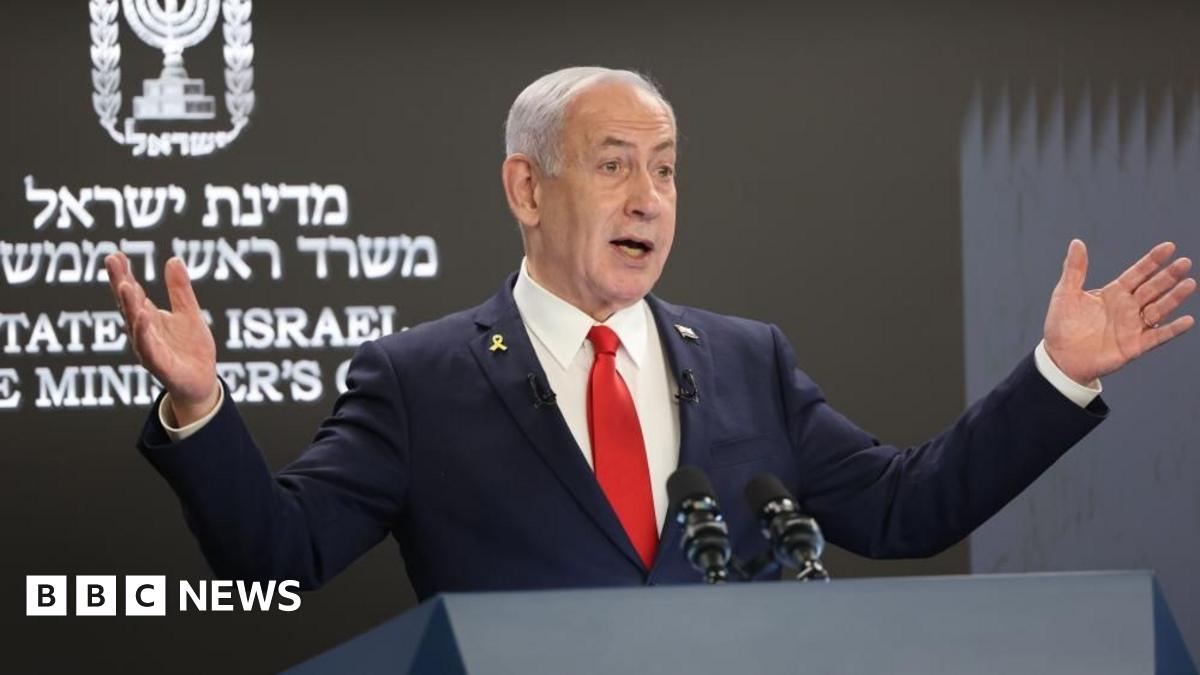Israeli Strike Kills 20 Palestinians and 4 Journalists in Gaza Hospital

Introduction
In a recent strike by the Israeli Defense Forces (IDF) on a hospital in Gaza, 20 Palestinians, including 4 journalists, were killed. Hospital director Atef al-Hout has confirmed that several of the victims were members of the hospital's medical team. This tragic incident adds to the already high death toll in the ongoing conflict between Israel and Palestine.
Details of the Strike
The IDF stated that the strike was a response to rockets fired from Gaza towards Israel. However, the hospital staff and locals claim that there were no militants or weapons present in or near the hospital. This raises questions about the accuracy of the IDF's targeting and the devastating consequences it has on innocent civilians.
The Impact on the Medical Team
The loss of the medical team members is a huge blow to the already fragile healthcare system in Gaza. The hospital was one of the few places where people could seek medical attention amidst the ongoing violence. With the loss of the medical team, the hospital's ability to provide crucial healthcare services is severely compromised.
About the Organizations Mentioned
Israeli Defense Forces
The **Israel Defense Forces (IDF)** is the national military of Israel, established in May 1948 shortly after the country’s founding. It comprises three main branches: the Israeli Ground Forces, the Israeli Air Force (IAF), and the Israeli Navy, all operating under a unified command led by the Chief of Staff who reports to the Minister of Defense[1][2][3]. The IDF's primary mission is to safeguard the State of Israel and protect its citizens from diverse and persistent security threats[8]. The IDF is known for its **defensive strategic doctrine combined with offensive tactical execution**, reflecting Israel’s geographical vulnerabilities and security environment. It maintains a small but highly trained standing army supported by a large reserve force, with rapid mobilization capabilities[1]. The quality and professionalism of its soldiers are considered the IDF’s greatest asset, supported by advanced domestically developed weapons and technologies tailored to Israel’s specific defense needs[1][3]. Historically, the IDF has played a crucial role in Israel’s survival and regional conflicts, participating in multiple wars and counterterrorism operations. Notable achievements include Operation Entebbe in 1976, a daring hostage rescue by elite special forces such as Sayeret Matkal, and continuous innovations in urban warfare and subterranean combat against tunnel networks used by adversaries like Hamas[4][5]. The IDF’s special forces units are internationally recognized for their rigorous training and operational excellence in intelligence, counterterrorism, and unconventional warfare[4]. Currently, the IDF is undergoing significant technological and structural modernization. This includes upgrading infantry weapons (e.g., replacing M-16 rifles with the IMI Tavor series), armored vehicles (e.g., Namer and Eitan APCs), and future combat systems like next-generation tanks equipped with lasers, electromagnetic pulse weaponry, and hybrid engines. There is also a focus on enhancing joint training across air, land, and sea branches and improving reserve force readiness by streamlining


















